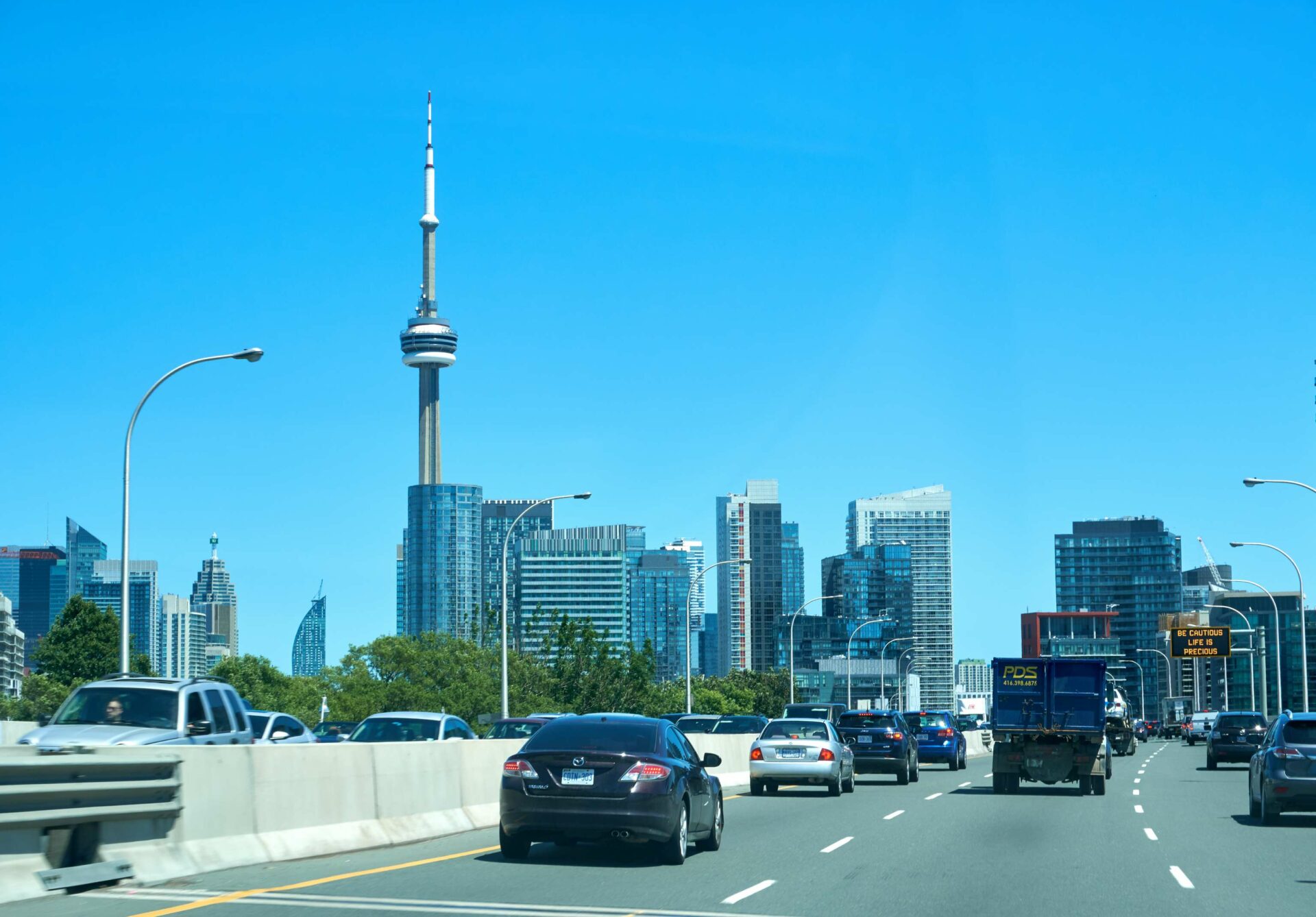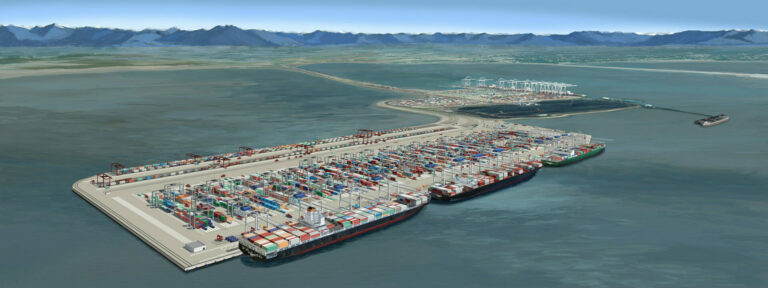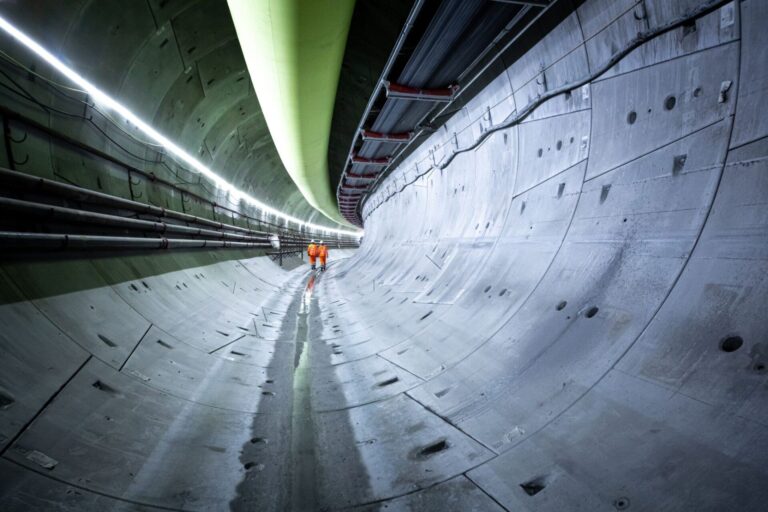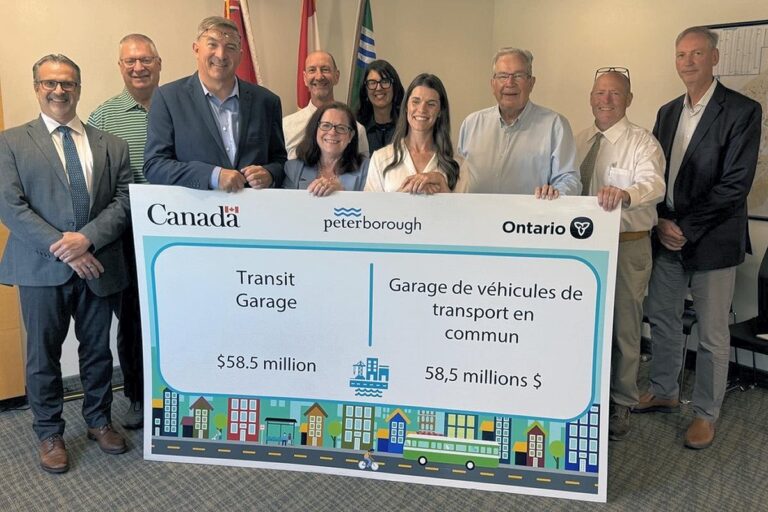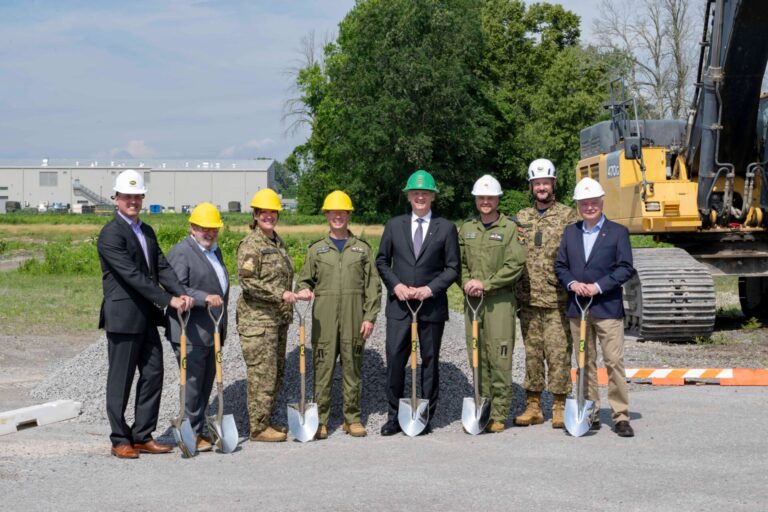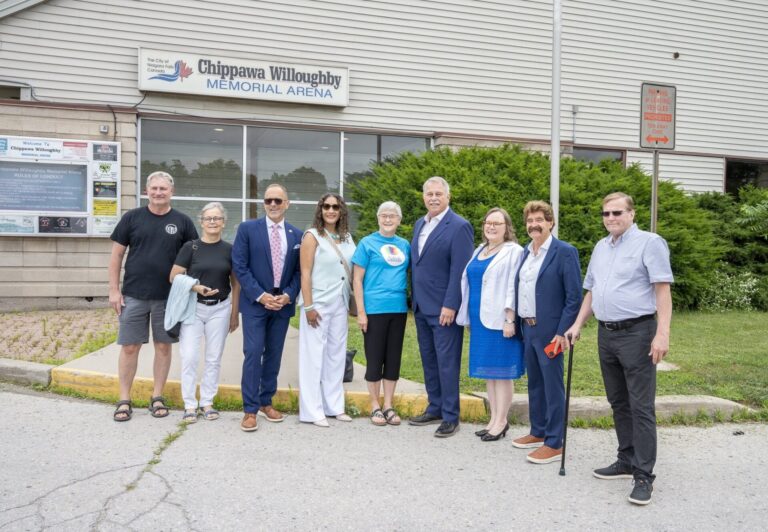The City of Toronto’s 2024 Corporate Asset Management Plan (AMP), detailing a $26 billion infrastructure funding gap, was unanimously adopted by Toronto City Council, highlighting the ongoing need for prioritization and partnerships.
The report identifies the value of the City’s non-core infrastructure assets at $73 billion and forecasts that an average annual investment of $4 billion is needed to maintain these assets in good condition to provide their current levels of service to Torontonians. This contrasts with the average annual planned state of good repair (SOGR) funding of $1.4 billion in the City’s 2024 Budget, revealing an investment gap of approximately $2.6 billion per year or $26 billion in the next decade.
“A new funding model that recognizes the City’s complexity, diversity and significant contribution to the success of the region, province and country is needed. The most significant gap identified in this report is transit infrastructure,” said Mayor Olivia Chow. Both the City and the province have committed $750 million each to fund the purchase of new subway cars for Line 2, yet we are still waiting for a funding commitment from the Government of Canada – every day that this purchase is delayed by this lack of commitment risks both the economic and climate benefits of safe, reliable public transit infrastructure.”
The findings of the City’s 2024 Corporate Asset Management Plan are consistent with the City’s Long Term Financial Plan and past budget process where investments in SOGR have been a priority. Recent actions taken by the City to address asset renewal needs include:
- Dedicated $26 billion (52 per cent) of the 10-Year Capital Budget and Plan to SOGR needs, nearly doubling SOGR investments over the past 10 years.
- Added $1.6 billion in additional SOGR funding to the 10-Year Capital Budget and Plan during the 2024 Budget process.
- Eliminated the City’s single largest SOGR liability with the Ontario-Toronto New Deal’s upload of the Gardiner Expressway to the province that saves nearly $2 billion which will be allocated to critical asset renewal guided by a capital prioritization framework and asset management plan.
“As Canada’s largest city and the economic driver of the country, Toronto faces unique financial pressures. We need tools that grow with our economy to secure a vibrant and affordable future for the people of Toronto. Without these tools and the support of all levels of government, our city infrastructure is at risk. I look forward to continued partnership with the Province of Ontario and Government of Canada to protect and provide the services Torontonians rely on,” said Councillor Shelley Carroll (Don Valley West), Chair, Budget Committee.
Developing a capital prioritization framework that will be integrated with the City’s 2025 Corporate Asset Management Plan to enhance the City’s existing prioritization processes and strategic decisions on when and where to prioritize capital infrastructure investments.
To comply with provincial regulations, the City’s 2024 Corporate AMP reports on the costs required to maintain current levels of service. The forthcoming AMP will report on the costs to provide proposed levels of service to manage future growth including recommended funding strategies aligned with the final provincial regulation milestone on July 1, 2025.
(Featured image): Gardiner Expressway. (City of Toronto)

